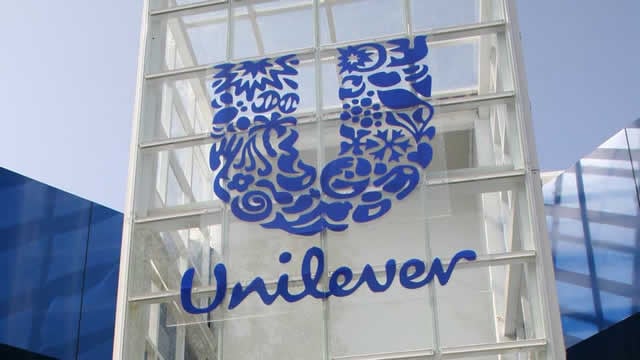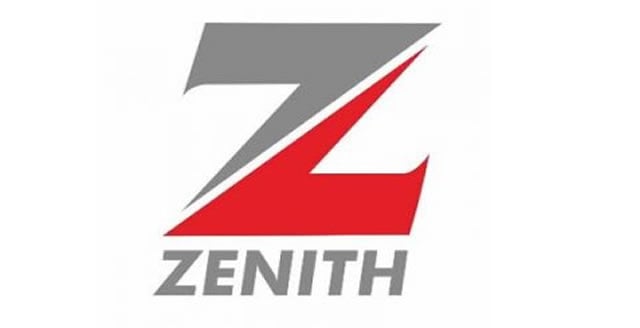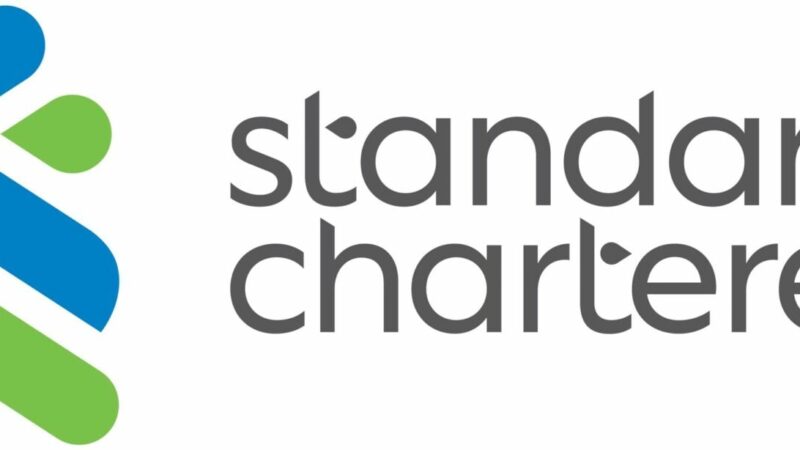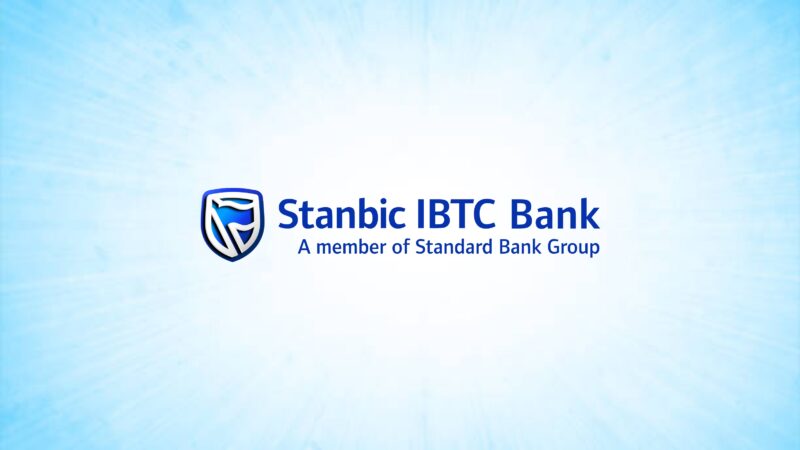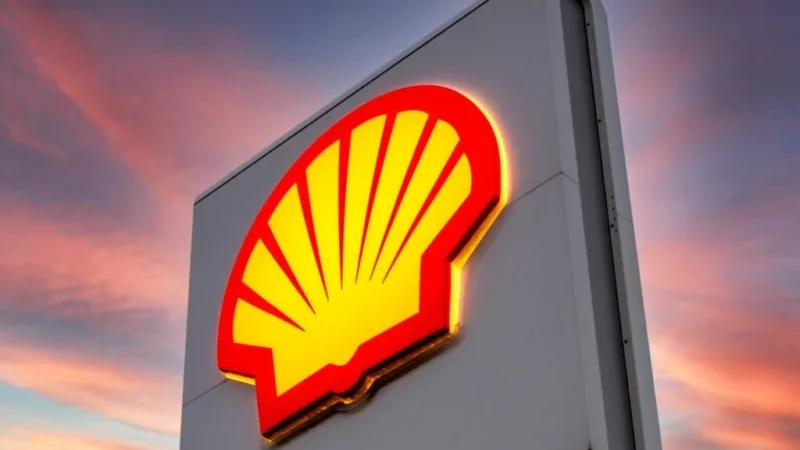Nigeria’s Petrol Import Significantly Down In June- Report
 Petrol import by Nigeria declined to a record low in June, according to Kpler tracking data.
Petrol import by Nigeria declined to a record low in June, according to Kpler tracking data.
The report attributed the fall to rising output from the country’s 650,000 b/d Dangote refinery which sharply reduced demand for the product from the EU, UK and Norway.
The drop in Nigerian buying pulled overall west African imports of European gasoline to a four-month low of 926,000 tons down from 1.315 million ton in May and 20 per cent lower year-on-year.
Nigeria, long the region’s largest petro importer, slipped behind Togo last month as the Dangote refinery hit its highest monthly run rate since coming online.
The country is approaching a turning point in its gasoline trade balance.
June arrivals into Nigeria from Europe fell by 56 per cent on the month to 231,000 tons— the lowest recorded by Kpler. It also imported 28,000 tons from offshore Lome and 12,000t from Houston, leaving a total of 271,000t.
At the same time, Dangote loaded a record 252,000 tons of petrol for export last month. This included 90,000 tons aboard the Pis Kerinci to Sohar, Oman; 89,000t on the Hafnia Larissa to Pasir Gudang, Malaysia; 35,000 tons on the Sabaek to Abidjan, Ivory Coast; and a further 39,000 tons aboard the Sabaek, which has yet to discharge.
The country could be on the verge of flipping to net exporter status, given the Dangote refinery has “extra plant capacity to produce gasoline”, according to Dangote Group executive director Edwin Devakumar. The plant’s naphtha hydrotreating unit has “flexibility to achieve additional production”, and Dangote has recently begun buying naphtha to support gasoline output, he said.
The fall in Nigerian demand for petrol imports, combined with weaker-than-expected US consumption, is raising concerns over outlet options for European gasoline this summer, a European trader told Argus. Europe remains a large net exporter of the product.
Benchmark non-oxy gasoline barge cracks to front-month Ice Brent crude futures averaged $14.73/bl between 1–4 July, broadly steady on the year and slightly up from $14.62/bl in the same period of 2024.


